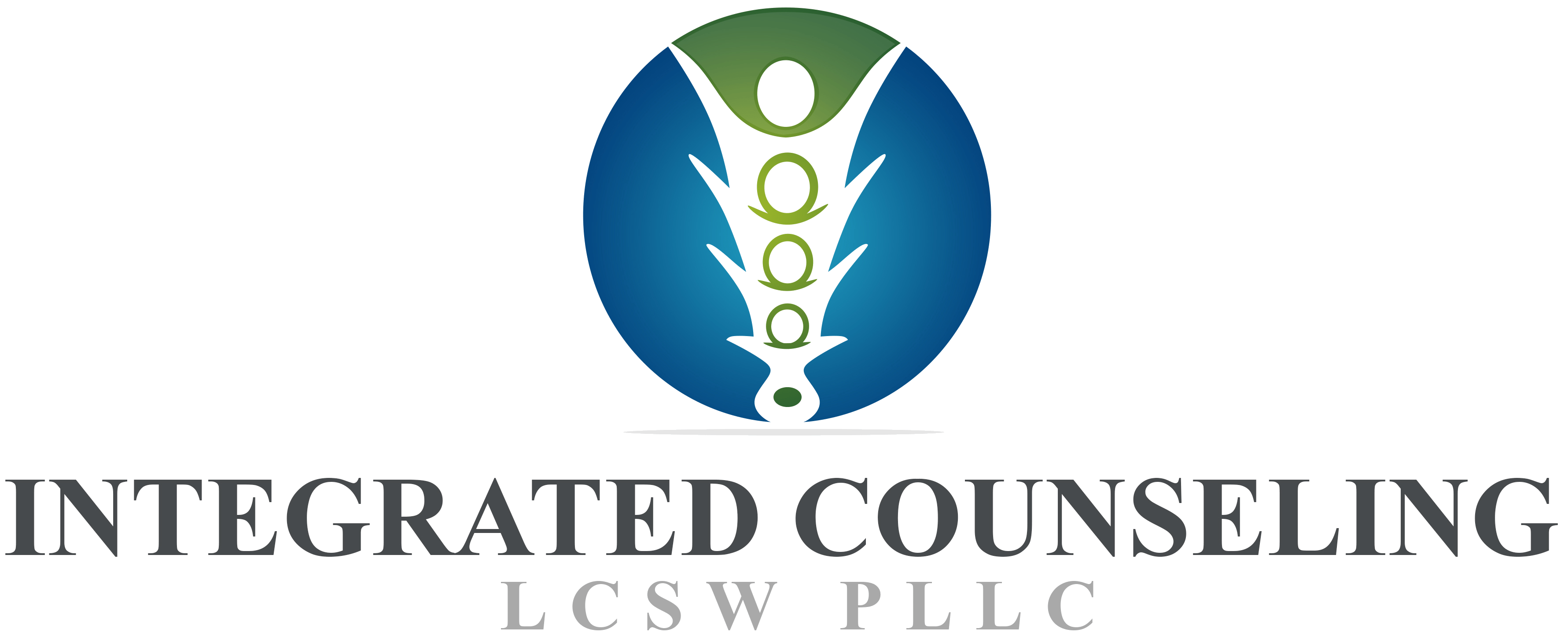ELDERLY COUPLE ISSUES
Elderly couple therapy, also known as geriatric couples counseling, is a specialized form of therapy that focuses on addressing the unique challenges and dynamics faced by couples in later stages of life. As a therapist in this field, your role is to provide a supportive and understanding environment where elderly couples can navigate their issues, enhance their relationship, and find fulfillment in their later years.
In elderly couple therapy, you would typically begin by conducting a thorough assessment to gain an understanding of the couple’s history, current concerns, and any specific challenges related to aging. This assessment helps you tailor the therapy approach to their unique needs and circumstances. Throughout the counseling process, you would utilize various therapeutic techniques and interventions to address their issues and promote a healthier and more satisfying relationship.
Treatment Process
Key areas typically covered in elderly couple therapy include:
- Communication and Adjusting to Change: Assisting couples in improving communication skills and adapting to the changes and transitions that occur with aging, such as retirement, health concerns, or loss of independence.
- Coping with Loss and Grief: Supporting couples in navigating the challenges of losing loved ones, facing mortality, and adjusting to life changes that come with aging. This may involve processing grief, finding new sources of meaning and support, and fostering resilience.
- Emotional Intimacy and Connection: Helping couples deepen emotional intimacy, maintain a sense of closeness, and navigate changes in physical intimacy that can occur with aging. This may involve exploring alternative ways to foster connection and maintain a satisfying emotional bond.
- Caregiver Stress and Support: Addressing the impact of caregiving roles on the relationship and providing strategies to manage caregiver stress. This may include exploring resources, setting boundaries, and promoting self-care for both partners.
- Life Transitions and Future Planning: Assisting couples in navigating major life transitions, such as downsizing, relocation, or financial planning. Helping them communicate effectively, make joint decisions, and support each other during these transitions.
- Enhancing Well-being and Quality of Life: Collaborating with the couple to identify areas of life that bring joy, fulfillment, and purpose. This may involve exploring hobbies, social engagement, and finding ways to maintain an active and meaningful lifestyle.
- Relationship Maintenance: Providing tools and strategies for resolving conflicts, improving problem-solving skills, and promoting overall relationship satisfaction. This may include setting realistic expectations, fostering forgiveness, and promoting open and honest communication.
In elderly couple therapy, your aim is to empower couples to navigate the unique challenges and changes that come with aging, and to cultivate a relationship that supports their well-being and mutual fulfillment. By fostering effective communication, emotional connection, and resilience, elderly couple therapy seeks to promote a positive and satisfying relationship in the later stages of life.

